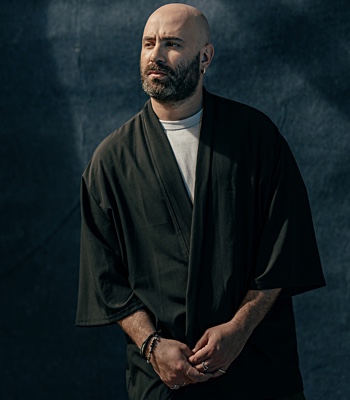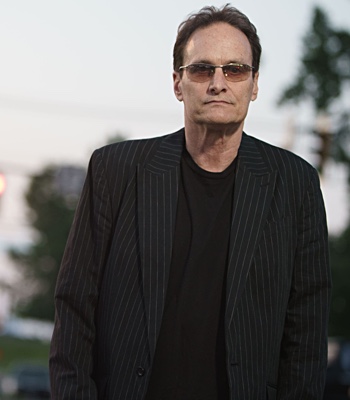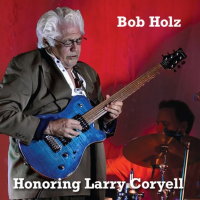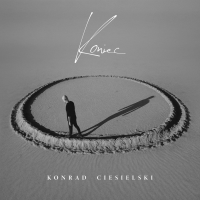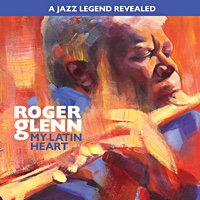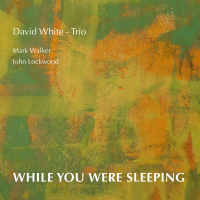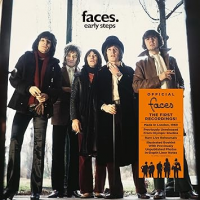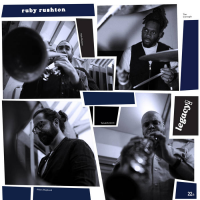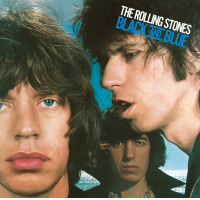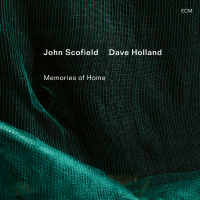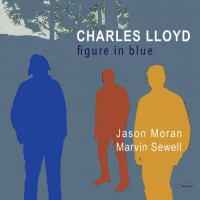Home » Jazz Articles » Album Review » John Escreet: Don't Fight The Inevitable
John Escreet: Don't Fight The Inevitable
Dark shadows hover around Escreet's piano at the top of "Civilization On Trial" and drummer Nasheet Waits creates some loose, yet focused, rumblings. When the horn players join in, they repeatedly return to a four-note utterance that pops up often. Later, Binney gets a fair amount of solo space and Escreet's solo is built off of spiky paranoia. After some uncertainty, the title track develops into an aggressive display of musicianship and contrast in solo styles. Binney is full of sprinting phrases and caustic-yet-clever statements, but Akinmusire follows with the album's most lyrically pleasing solo, and to reflect this sea change, the rest of the band falls in line straightforwardly. As the trumpet solo dissolves, Escreet takes over with angular right hand lines, as Binney sprinkles electronic drizzle to create an alien world. Working well here, Binney's electronics are of greater importance to "Soundscape," a three-minute slice of ambient expressionism, where piano and electronics successfully merge.
Ruminative piano work introduces "Magic Chemical (For The Future)," but things become more interesting when shifting accents from bassist Matt Brewer, Waits and Escreet are placed beneath Binney and Akinmusire. These slow moving parts brilliantly move interdependently yet independently, and the music gradually develops into a chaotic state. Binney, like a voice of reason in an otherwise hostile environment, slowly develops his solo from relaxed statements to a more passionate and frenzied peak.
Muhal Richard Abrams' "Charlie In The Parker" features spoken work segments from an old recording of Charlie Parker himself. When Parker notes that music is basically built off of melody, harmony and rhythm but it can be taken further and "distributive in all kinds of ways," it's impossible not to think of what Escreet is doing here. While the music serves the words, Akinmusire and Binney come back in with the bop-laced line that is central to the song.
Brewer and Waits are positively relentless as they push the music forward on "Trouble And Activity," leaving the fast and turbulent soloing to Akinmusire and Escreet. "Gone But Not Forgotten"—a short piece with gentle saxophone musings over a soft bed of piano—provides the opportunity for everybody to catch their breath before the final assault of "Avaricious World." Trumpet and saxophone move up and down, while Waits and Brewer add to the bigger picture with ominous accents. Things change when the mixture of horns against piano—with stormy drums and bass accents in the mix—creates a kaleidoscopic effect, with Waits getting space to elaborate on his tumbling drumming, with a storm cloud of piano, cymbals and electronics making an appearance.
If Escreet's musical direction is the "inevitable" in the album title, nobody need fight it at all.
Track Listing
Civilization on Trial; Don't Fight the Inevitable; Soundscape; Magic Chemical (For the Future); Charlie in the Parker; Trouble and Activity; Gone But Not Forgotten; Avaricious World.
Personnel
John Escreet
pianoJohn Escreet: piano; David Binney: alto saxophone, electronics; Ambrose Akinmusire: trumpet; Matt Brewer: double-bass; Nasheet Waits: drums.
Album information
Title: Don't Fight the Inevitable | Year Released: 2010 | Record Label: Mythology Records
Tags
PREVIOUS / NEXT
Support All About Jazz
 All About Jazz has been a pillar of jazz since 1995, championing it as an art form and, more importantly, supporting the musicians who make it. Our enduring commitment has made "AAJ" one of the most culturally important websites of its kind, read by hundreds of thousands of fans, musicians and industry figures every month.
All About Jazz has been a pillar of jazz since 1995, championing it as an art form and, more importantly, supporting the musicians who make it. Our enduring commitment has made "AAJ" one of the most culturally important websites of its kind, read by hundreds of thousands of fans, musicians and industry figures every month.






